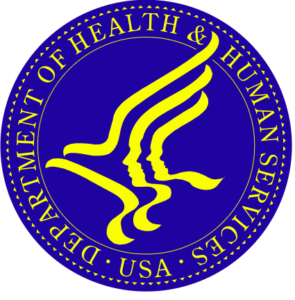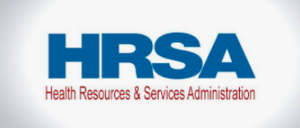From Beckers
After hitting record lows in 2023, uninsured rates are beginning to rise again, according to new CDC data.
According to CDC estimates published August 5, 8.2% of Americans were uninsured in the first quarter of 2024, up from 7.7% in the fourth quarter of 2023.
In the second quarter of 2023, the CDC recorded a record-low uninsured rate of 7.2%. Government estimates predict the uninsured rate will rise over the next decade, driven by Medicaid disenrollment and the expiration of ACA subsidies.
The CDC also said 27.1 million people were uninsured in the first quarter of 2024, up from 25.5 million in the fourth quarter of 2023.
The number of people under 65 with public coverage declined from 75.9 million in the fourth quarter of 2023 to 73.5 million in the first quarter of 2024. Federal agencies estimated insured rates would drop as states began disenrolling Medicaid enrollees for the first time since 2020.
Continuous coverage requirements in place during the COVID-19 pandemic helped drive uninsured rates to new lows. At least 24.8 million people have been disenrolled from Medicaid since March 2023, according to KFF.
Though the number of people with public coverage has decreased, the number of adults under 65 with private insurance was the same between the last quarter of 2023 and the first quarter of 2024, at 176.7 million.
ACA exchange enrollment increased to 16.6 million in the first quarter of 2024, up from 13.3 million in the last quarter of 2023. Federal agencies have worked to steer individuals losing Medicaid coverage to exchange plans.
Enhanced subsidies that offset the premiums for marketplace plans are set to expire at the end of 2025, unless Congress chooses to extend them.
Estimates from the Congressional Budget Office in June projected the uninsured rate will hit 8.9% by 2034.

 The Centers for Medicare and Medicaid Services (CMS) released the inaugural Oral Health Cross Cutting Initiative (CCI) fact sheet. This initiative is committed to ensuring equitable access to oral health care, eliminating disparities, expanding oral health service availability, and effectively engaging stakeholders. It aims to improve the oral health and wellness of individuals who have Medicare, Medicaid, and Marketplace coverage.
The Centers for Medicare and Medicaid Services (CMS) released the inaugural Oral Health Cross Cutting Initiative (CCI) fact sheet. This initiative is committed to ensuring equitable access to oral health care, eliminating disparities, expanding oral health service availability, and effectively engaging stakeholders. It aims to improve the oral health and wellness of individuals who have Medicare, Medicaid, and Marketplace coverage.
 The Biden administration is overhauling its health IT functions to address the proliferation of cyberattacks on the sector and the growth of data and artificial intelligence in medical settings. Why it matters: The goals include setting an AI policy and strategy for HHS and streamlining critical infrastructure protection within the Administration for Strategic Preparedness and Response, or ASPR, per a notice to be published in the
The Biden administration is overhauling its health IT functions to address the proliferation of cyberattacks on the sector and the growth of data and artificial intelligence in medical settings. Why it matters: The goals include setting an AI policy and strategy for HHS and streamlining critical infrastructure protection within the Administration for Strategic Preparedness and Response, or ASPR, per a notice to be published in the 
 The Online Health and Safety Task Force released a report with recommendations and best practices for safer social media and online platform use for youth. The recommendations underscore the Administration’s efforts to address the ongoing youth mental health crisis and support the President’s Unity Agenda for the nation. Read more and access the report via the
The Online Health and Safety Task Force released a report with recommendations and best practices for safer social media and online platform use for youth. The recommendations underscore the Administration’s efforts to address the ongoing youth mental health crisis and support the President’s Unity Agenda for the nation. Read more and access the report via the